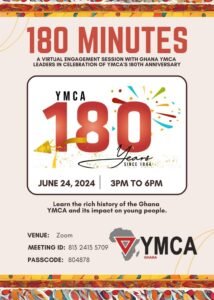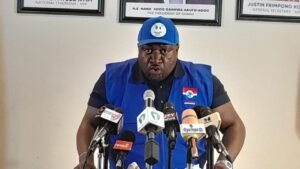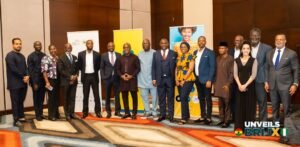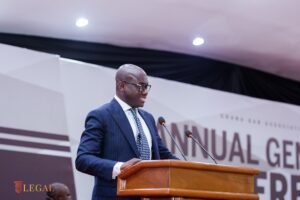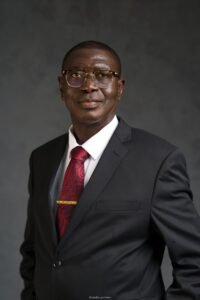
The Vice-President of the United States, Kamala Harris, as part of her weeklong tour of Africa, had a media engagement, together with the President of Ghana, Nana Addo Dankwa Akufo-Addo, at the Jubilee House.
The press engagement led to a discussion on a wide range of issues. Nana Esi Boateng, a journalist with Oman FM, for instance, asked a well-researched thought-provoking question backed by facts and figures on climate change, a question which in my view got Kamala struggling to answer after close to five minutes of running around it.
As expected, an American journalist, in an attempt to set an agenda and generate a discussion on LGBT+, asked why Ghana has legislation against Lesbians, Gays, Bisexuals, and Transgender, a question that just a little bit of research would have made him aware that there is no such legislation currently operating in Ghana.
The detailed facts presented by Nana Esi Boateng, for example, and other Ghanaian journalists in their questions exposed the poverty of work done by the American journalist who asked about LGBT, unless he deliberately did so to generate a conversation, a ploy that is common among Western media when they meet African leaders.
Bread and butter issues
The many questions asked by the Ghanaian journalists, including those bothering on Ghana’s current discussion with the International Monetary Fund, Ghana’s request for debt restructuring with China, and the Paris Club, bothered on real ‘bread and butter’ issues in the country. The climate change question, for instance, sought to get the US to commit to the pledge by ‘developed nations’ to mobilise US$100 billion per year by 2020 to developing nations.
The pledge, made at the 15th Conference of Parties (COP15) of the United Nations Framework Convention on Climate Change (UNFCCC) in Copenhagen in 2009, was to the effect that developed countries would commit to a collective goal of mobilising USD 100 billion per year by 2020 for climate action in developing countries, in the context of meaningful mitigation actions and transparency on implementation.
Having failed to achieve this, the goal, formalised at COP16 in Cancun, was extended to 2025 at COP21 in Paris.
These are issues that put bread on the table of the ordinary African or take it off, and I shudder to think why the same Ghanaian journalists, who asked these questions, decided not to make them topical in their news analysis and discussions.
Failure of the media
The whole conversation from that press engagement has been about a single question asked about LGBT. As usual, the Ghanaian media have failed to trumpet their own questions that they asked, and are divided on the answer given by the President on LGBT+, depending on which partisan political lens a media house or personnel is looking at the issues with.
The question then is, if we wanted the conversation to be just about whom one has sexual intercourse with or not, what stopped the Ghanaian journalists from also asking Kamala about the position of the US on issues such as polygamy?
Many anti-gay Africans have claimed that LGBT+ is a western concept or culture being forced on Africans. Some have questioned why the west would force LGBT on Africans, and yet make polygamy, which many believe to be an ‘African thing’, illegal. Some Africans believe the number of people a person chooses to have sex with or marry is a personal choice and is at the core of human right, much as the type of person (male or female) another decide to have sex with. If we really wanted to make Kamala’s visit all about ‘sex’, could we not have pushed an ‘African narrative’ in here?
And why is LGBT even the main issue after all the questions that were asked? Is it because it was asked by an American journalist? Is it because of an inferiority complex? Or it is a case that it gives the advantage to play partisan political football on the topic.
For me, the fixation on this LGBT topic has once again exposed the kind of media we have in Ghana. Once again, the Ghanaian media has failed the masses.
The writer is a journalist and a student leader.


